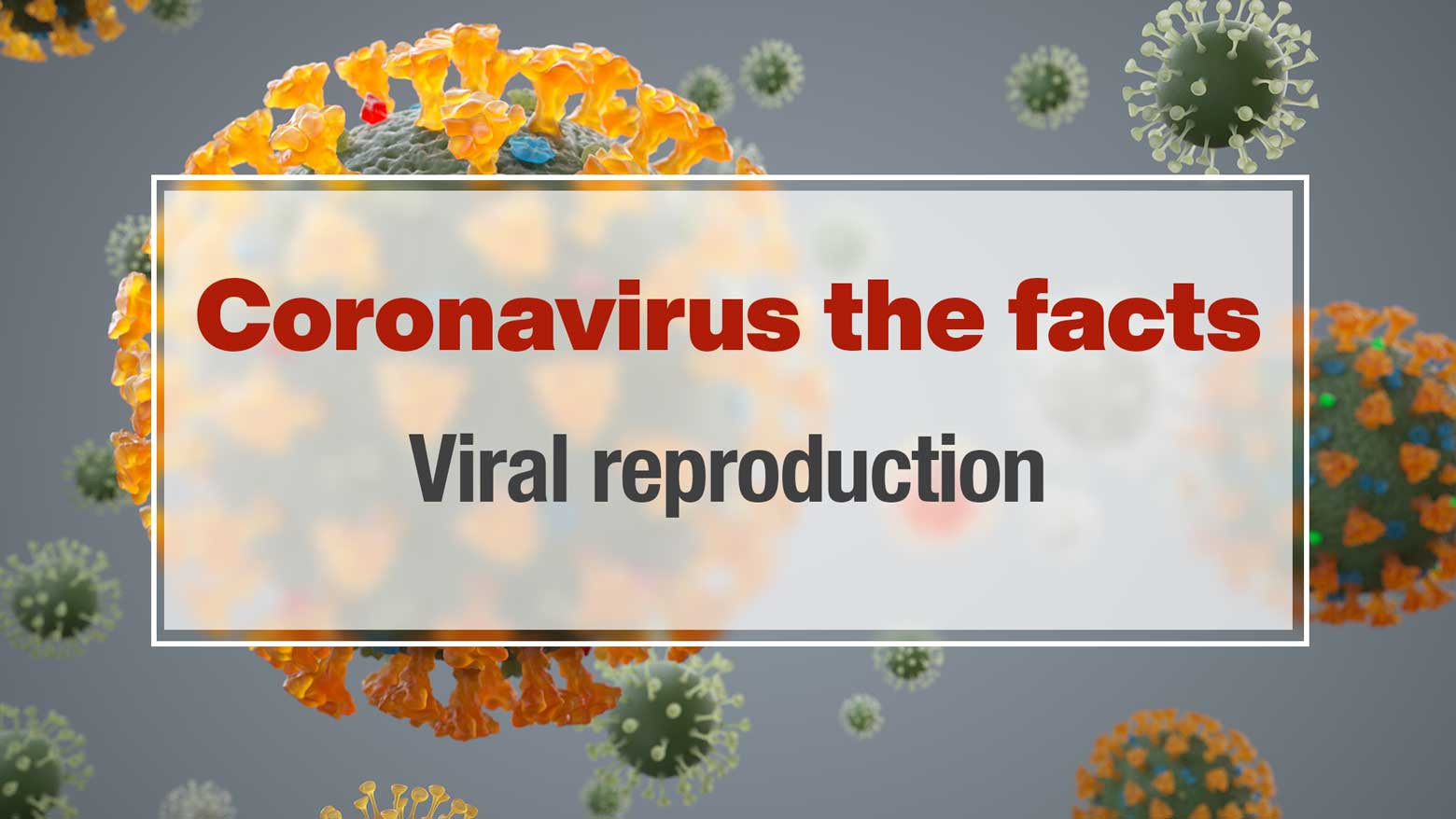This is part 24 of our coronavirus FAQ. Click here to read other installments: #Coronavirus the facts. Find the latest information and answers from experts on everything COVID-19.
The virus cannot reproduce on its own and must replicate inside living cells.
Professor Kunishima Hiroyuki of St. Marianna University School of Medicine, an infectious disease expert, says infections are caused by microorganisms such as bacteria and viruses.
Bacteria is made of a single cell and can reproduce on its own.
A virus is much smaller than bacteria. It consists of genes and protective coating but has no cell. It cannot reproduce on its own. It can only replicate inside the living cells of an organism, such as a human, it has infected.
The virus maintains its infectious capacity on the surfaces of contaminated objects.
While the coronavirus can't reproduce on surfaces, it does remain infectious for some time. Kunishima says it is difficult to avoid touching contaminated surfaces, such as door knobs and handrails, and so we should prevent infection by washing our hands with soap or disinfecting them with sanitizer whenever we arrive at home or the office, or before we eat.
This information is accurate as of June 24, 2020.
